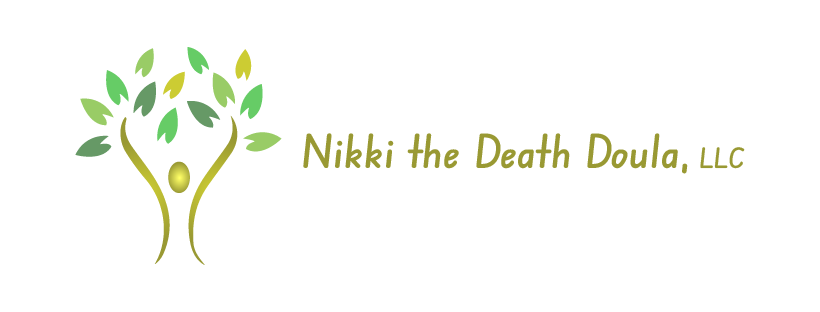A Guide to Ethical Wills and Legacy Letters
When we think about wills, we often imagine the legal documents that deal with dividing possessions or assets. But what about the things that can’t be measured in dollars and cents? The lessons, values, and memories that shape who we are deserve a place too—and that’s where ethical wills and legacy letters come in.
Unlike a traditional will, an ethical will or legacy letter isn’t about your estate. It’s a heartfelt document that shares your life’s wisdom, hopes, and reflections. Think of it as a love letter to the people who matter most, filled with the essence of who you are and what you’ve learned. This is a super impactful activity I do with many of my clients!
What Is an Ethical Will or Legacy Letter?
An ethical will is a personal document where you express your values, beliefs, life lessons, and wishes for your loved ones. It’s an opportunity to pass down not just “what you had” but “who you were.”
Similarly, a legacy letter is a more casual variation, often shorter and written in a conversational tone. Whether formal or informal, both serve as a beautiful way to leave an emotional and moral legacy, connecting your past to future generations.
These letters can include anything you feel is meaningful—stories from your life, advice for the challenges ahead, gratitude for the people you love, or even an apology or forgiveness you want to extend.
Why Write One?
Writing an ethical will or legacy letter is as much for you as it is for your loved ones. It allows you to reflect on your life, celebrate what’s most important to you, and articulate the values that guided your journey. One of the reasons I love doing these with my clients is to give them an opportunity to really see the impact and value of their life before they go. What beautiful closure!
For your loved ones, these letters become treasures. Long after you’re gone, your words can comfort, inspire, and guide them. They serve as a reminder of your love and the lessons you hoped to share, whether it’s advice on navigating tough times, encouragement to pursue their dreams, or a story that makes them laugh and feel closer to you.
Let’s Get Started!
Writing an ethical will or legacy letter might feel daunting, but it doesn’t have to be perfect. It’s not about crafting a masterpiece; it’s about writing from the heart. Here’s how to begin:
Reflect on Your Life: Think about your experiences, the people who shaped you, and the values that guided you. What do you want your loved ones to know about you?
Choose Your Audience: Decide who you’re writing to. Is it your children, grandchildren, friends, or a broader group of loved ones? Tailor your message to those who’ll receive it.
Write in Your Own Voice: Keep it authentic. Your loved ones want to hear you—quirks, humor, and all. (I’m quite sure mine will include at LEAST one fart joke)
Include Stories: Stories make your values and lessons relatable. Share anecdotes that illustrate what you’ve learned and why it matters. Big or small, it’s all meaningful!
Don’t Overthink It: Start with a simple letter. You can always revise or add to it later. The important thing is getting started.
When to Write One
There’s no “right” time to write an ethical will or legacy letter. Some people start early and update it as they grow, while others create it during life transitions or as they age. Whenever you begin, it’s never too soon to leave a heartfelt legacy. I have one I add to all the time!
The Gift of Your Words
An ethical will or legacy letter is more than just words on a page—it’s a gift of connection and love that will outlast time. By taking the time to share your essence with those who matter most, you’re creating a legacy far richer than anything money could buy. And that’s a treasure worth passing down.
